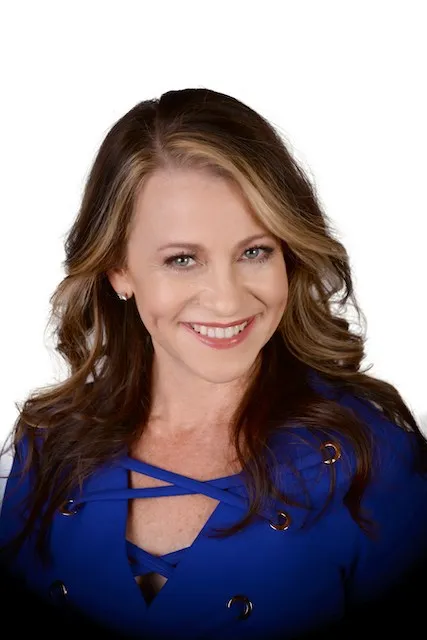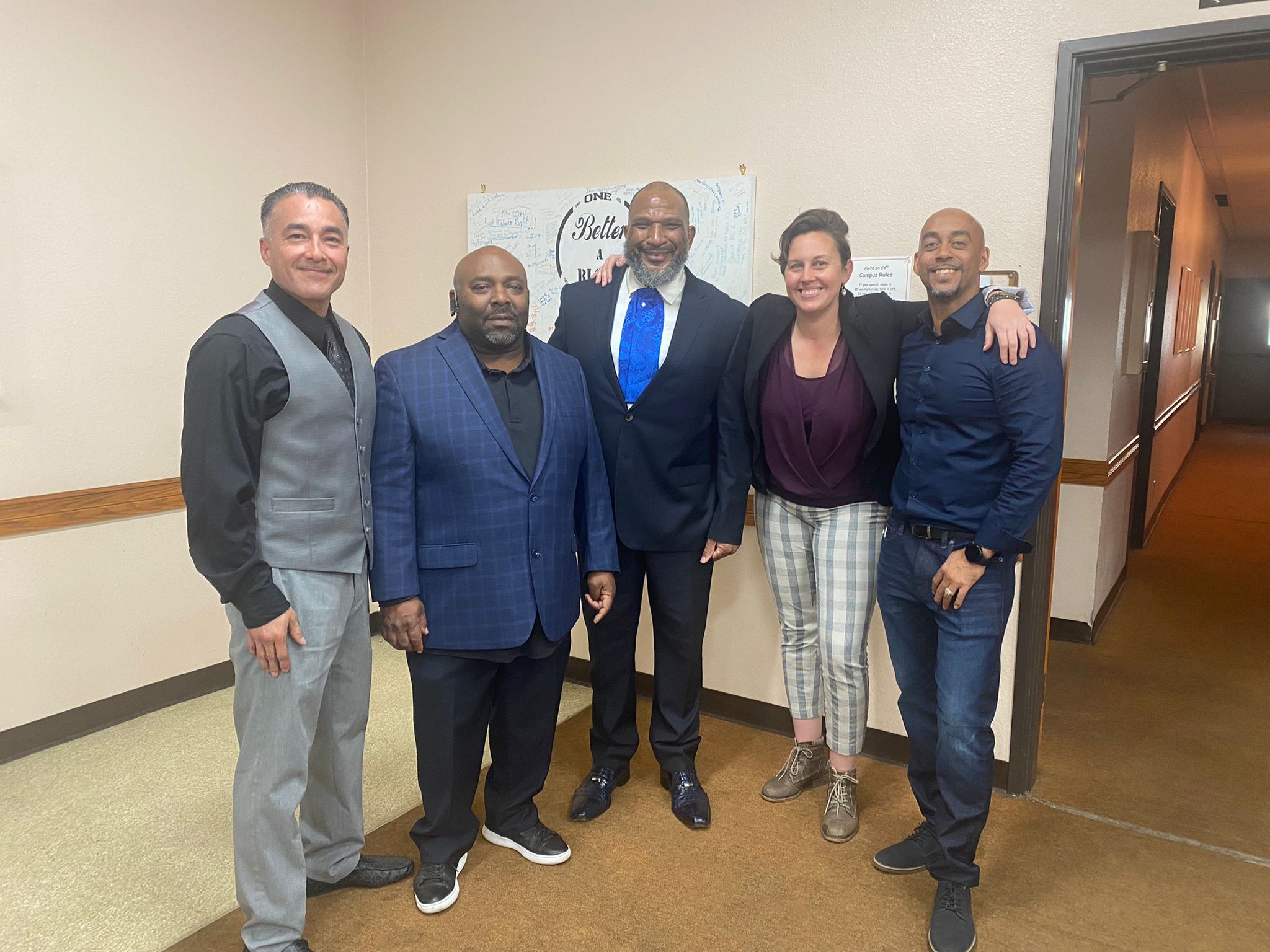Seattle Times
March 1, 2007
By Alan Berner Staff Photographer
Through My Eyes, Photography taught to kids at Hutch Cancer Research Center
Hutch School
A camera company used to advertise, “You push the button, we do the rest” — as if good photography comes from a machine instead of the head, heart and eye.
The camera in our culture has led to the perfection of the snapshot — small, stiff figures, standing against a flat background. But photography that connects and elicits an emotional response comes first from within.
That shows at the Hutch School, a one-of-a-kind learning center for children of patients with blood cancers, and sometimes for the young patients themselves. Youngsters in grades K through 12 from across the country attend the school for a time, most of them for more than three months, while a family member receives bone-marrow or stem-cell transplants through the Fred Hutchinson Cancer Research Center in Seattle.
Two volunteers, Jerry Gay and David Whelan, taught three classes in photography there last month. Their students take pictures of each other so they can give family members a framed portrait. (Gay is a former Seattle Times staff photographer and Pulitzer Prize winner. Whelan is a high-tech corporate executive and former studio photographer.) Students in a recent class had 27 black-and-white frames to work with on donated point-and-shoots. They learned to get close, eyeball-to-eyeball, explore patterns, fill frames and not to be afraid of trying new angles. They took their “photo safari” to a park and the roof of the school with youthful abandon and creativity.
One of Whelan’s goals was for “the students to use photography to share their world with each other.” For Gay, it’s “not just what they see but how they see, and that they can make a difference.”
They photographed contrails in the sky, street signs and their shoes, but mainly each other.
Mandi, 13, from Bellingham, was “surprised. It made me look at different points of view and express myself … that by looking at one thing, so much could be going on.”
In the end, they learned by practicing a maxim from legendary photographer Robert Capa: “If your photographs aren’t good enough, you’re not close enough.”


